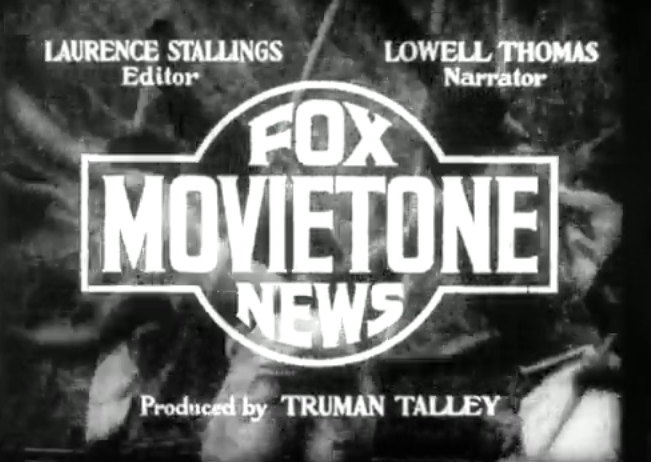A Hungarian in Hollywood: William Fox
zita kisgergely
via Wikipedia Commons
Twentieth Century Fried. That’s what the goliath film studio would have been called had Vilmos Fried decided to keep his original name, instead of anglicizing his mother’s maiden name of Fuchs. An immigrant from Tolcsva, Hungary, Fox’s mother arrived in the United Stated in the late 19th Century to look for a better life for herself and her baby boy.
As a young man, William Fox made multiple forays into business before becoming fascinated with the nickelodeon – a progenitor to modern film projectors. He sold his textile company to buy a nickelodeon theater in Brooklyn in 1904. By 1914 Fox had founded his own film studio, Fox Film Corporation, and quickly rose to prominence as a producer of crowd-pleasing silent films. Ever hungry for more business, Fox began buying movie theaters. For a time, Fox owned a large west coast chain called Fox West Coast Theaters, which, at its apex, had over 300 theaters. Under his leadership, larger screens were installed to give the viewer a more spectacular experience. Movie-goers also saw the introduction of news reels before film presentations; a foray that would foreshadow modern-day Fox News. Fox’s empire was only set to grow when he attempted to purchase MGM studios, though the deal was annulled by US courts because it was deemed a monopoly.
via Wikipedia Commons
As a producer, Fox oversaw almost three hundred films, starring the likes of Lousie Brooks and Tom Mix. Fox’s studio utilized the latest in sound technology to produce the first ‘talkie’, The Jazz Singer. At the peak of his career, Fox was, along with Louis Mayer, one of the titans of early Hollywood. In his own words: “No second of every 24 hours passes but that the name of William Fox is on the screen in some part of the world.”
via Wikipedia Commons
Fox’s later career was beset by tragedy. His greatest star, Will Rodgers, was killed in a plane crash, and many on his studio’s roster of talent, including Spencer Tracy, were dropped from the studio due to substance abuse problems. Fox himself was almost killed in an auto accident. While he was recuperating, the country was hit by the Great Depression. His empire was further diminished by a court finding that forced him to sell his theater chain. To avoid bankruptcy, Fox merged with Twentieth Century Pictures. While fighting an anti-trust suit brought by the US government, Fox was caught trying to bribe a judge, and spent six months in jail, after which he retired from film-making. Today, the Fox name lives on in Fox Broadcasting, one of the four primary US television broadcasting stations; and in 20th Century Fox studios, which is responsible for blockbusters from Star Wars to Titanic.
Flatpack Films has many years of experience dedicated to offering expert servicing. It has brought the best of Hungary to countless brands, agencies, and production companies through its unique locations, exceptionally skilled crews, top of the line equipment and technical solutions. Backed by an impeccable track record, Flatpack Films has worked with world-class clients including Samsung, Samsonite, Toyota, Braun, Chivas Regal and many more - bringing their projects to life through a highly bespoke approach.


